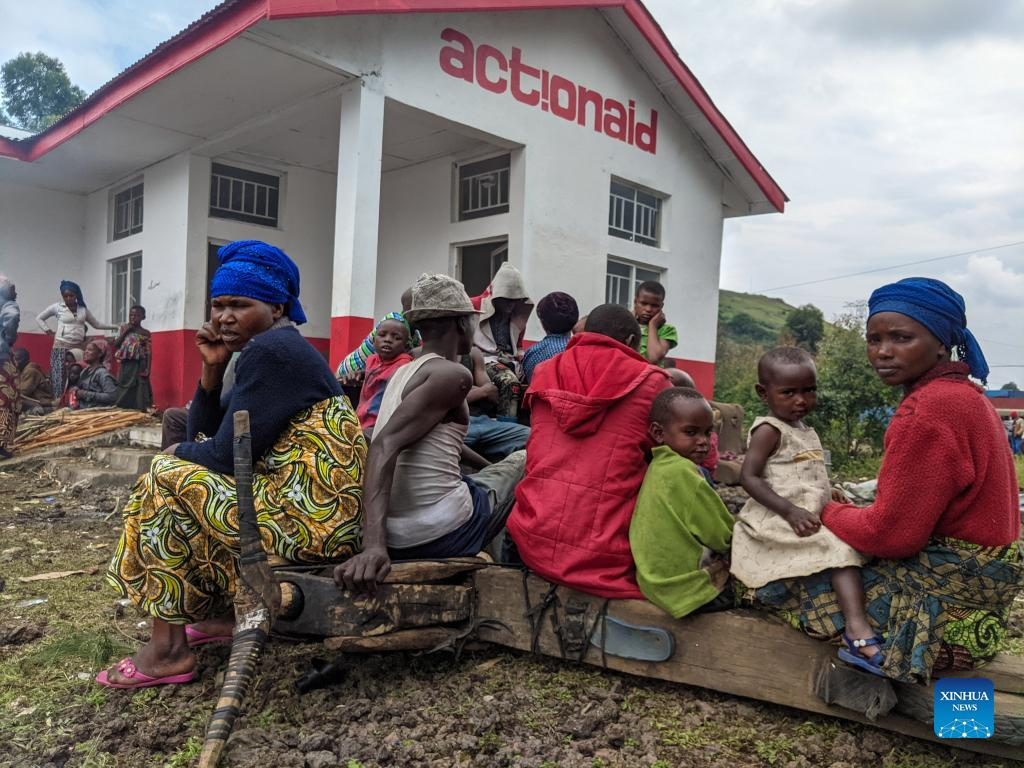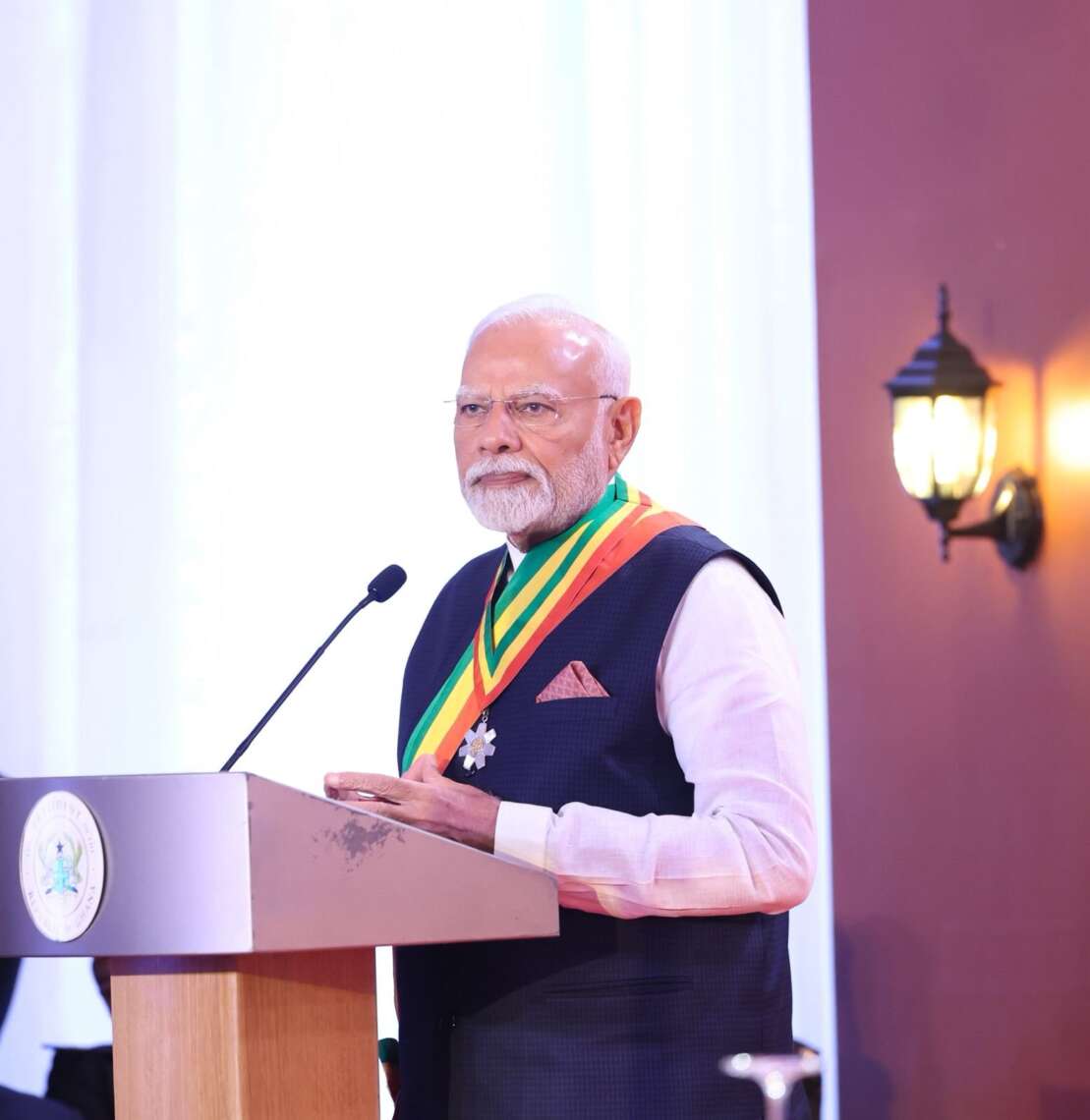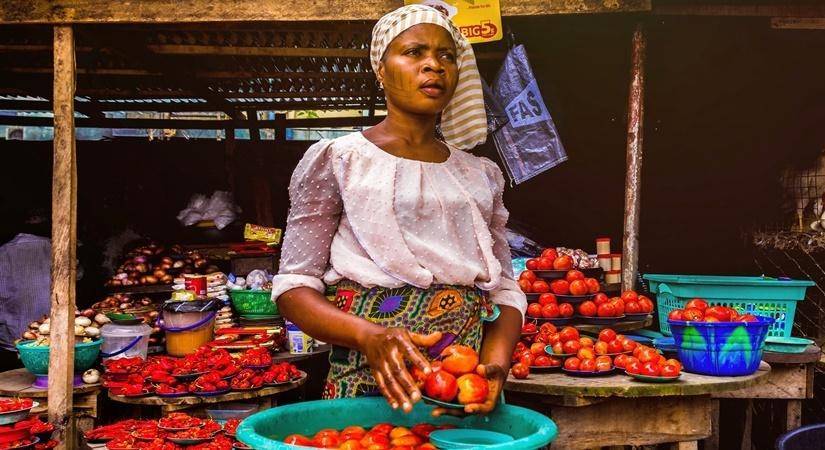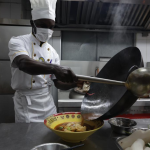Data released by the Ghana Statistical Service (GSS) Wednesday indicated that Ghana’s inflation rate rose to 29.8 percent in June, compared with 27.6 percent a month earlier.
Samuel Kobina Annim, the Government Statistician, said at the monthly press briefing that the inflation rate for June was the highest reading since December 2003 and far above the target band of between 6 percent and 10 percent set by the Bank of Ghana, Xinhua news agency reported.
“At least 97 out of the 307 items recorded inflation rates higher than the national average with more than half being non-food items or locally produced items,” Annim added.
A youth group named “Arise Ghana” staged a two-day street protest on June 28 and 29 against the hardships and high cost of living in the West African country.
Teachers in public schools also commenced a nationwide indefinite strike on July 4, after negotiations with the government for Cost of Living Allowances broke down.
Marburg virus outbreak
The World Health Organisation (WHO) has said its ready to control the spread of Marburg virus that has claimed two lives in Ghana.
The WHO defines Marburg as a highly infectious viral haemorrhagic fever in the same family as the more well-known Ebola virus disease. It has no known vaccines or treatments and has a fatality rate of 88 per cent.
The disease is transmitted to people from fruit bats and spreads among humans through direct contact with the bodily fluids of infected people, surfaces and materials.
The two patients from Ghana’s southern Ashanti region were both unrelated and showed symptoms including diarrhoea, fever, nausea and vomiting. However, the disease was identified only after their death, the WHO said.
It has sparked serious concerns among health authorities racing to identify potential contacts and squash the outbreak before it spreads.
The WHO said preparations for a possible outbreak response are being set up swiftly as further investigations are underway.
“The health authorities are on the ground investigating the situation and preparing for a possible outbreak response,” said Dr Francis Kasolo, WHO Representative in Ghana, in a statement.
ALSO READ:Ghanaian President urges efforts to root out terrorism in West Africa
“We are working closely with the country to ramp up detection, track contacts, and be ready to control the spread of the virus,” he added.
It is the first time the country has reported cases of Marburg virus, and only the second outbreak in West Africa. Guinea confirmed a single case in an outbreak that was declared over on September 16, 2021, five weeks after the initial case was detected.
Illness begins abruptly, with high fever, severe headache and malaise. Many patients develop severe haemorrhagic signs within seven days. Case fatality rates have varied from 24 to 88 per cent in past outbreaks depending on virus strain and case management, the WHO said.
“An outbreak of a filovirus such as Marburg is always a serious concern, especially in a setting that hasn’t managed outbreaks before, and when cases are diagnosed postmortem,” Tom Fletcher, an infectious disease consultant at the Royal Liverpool University hospital, was quoted as saying by the The Telegraph.














